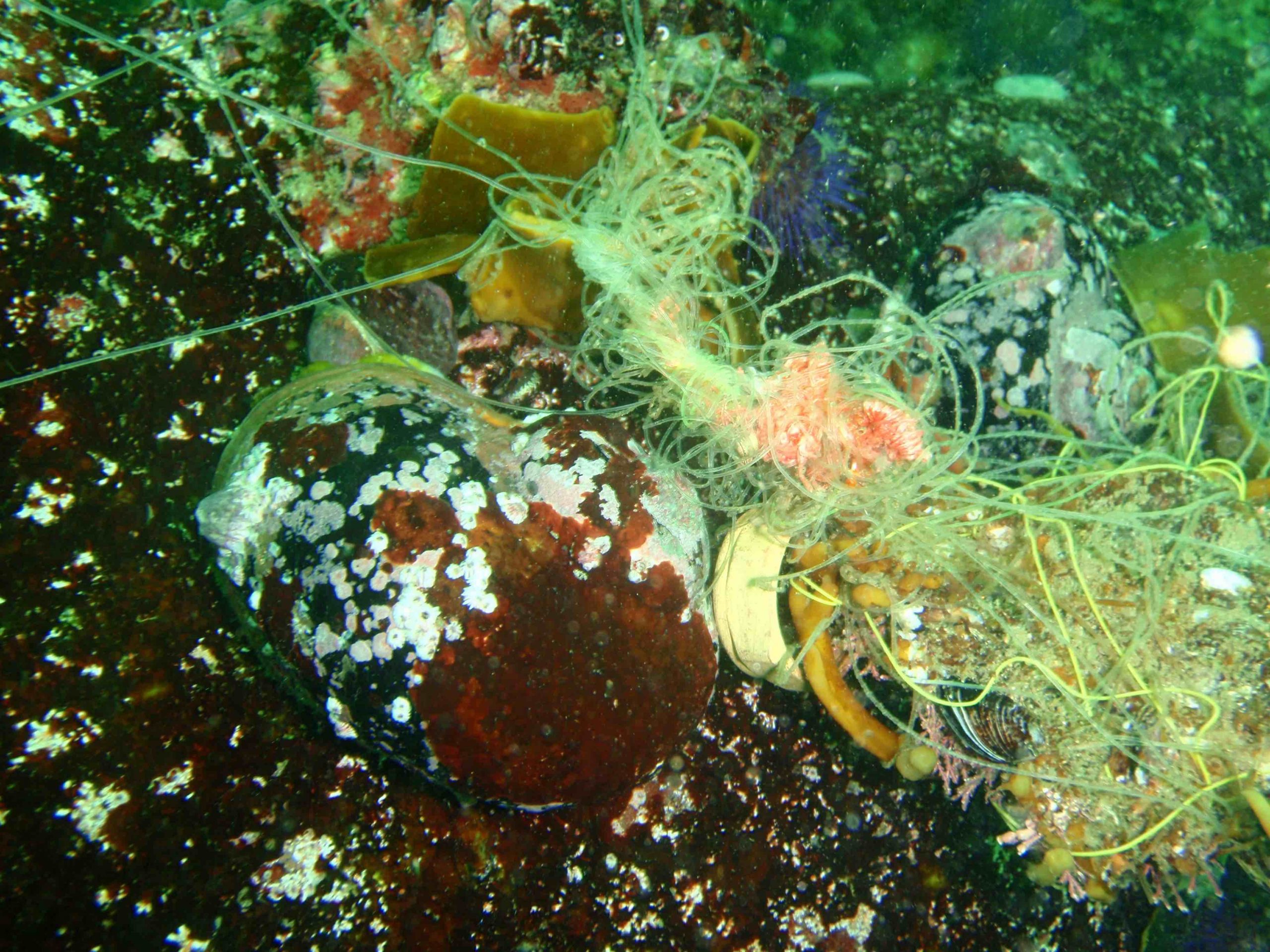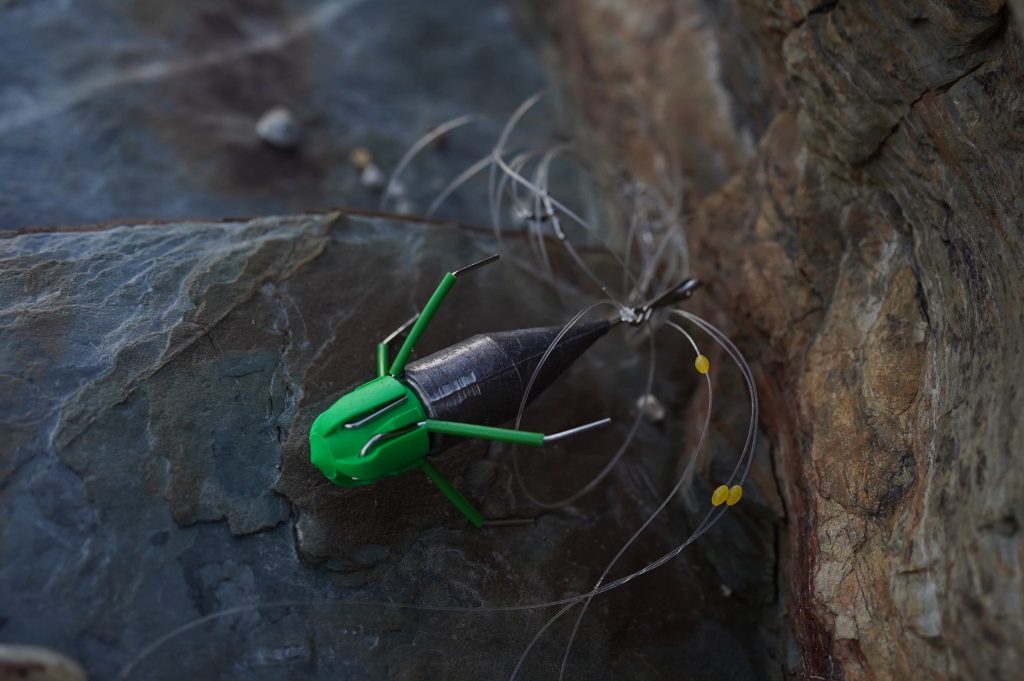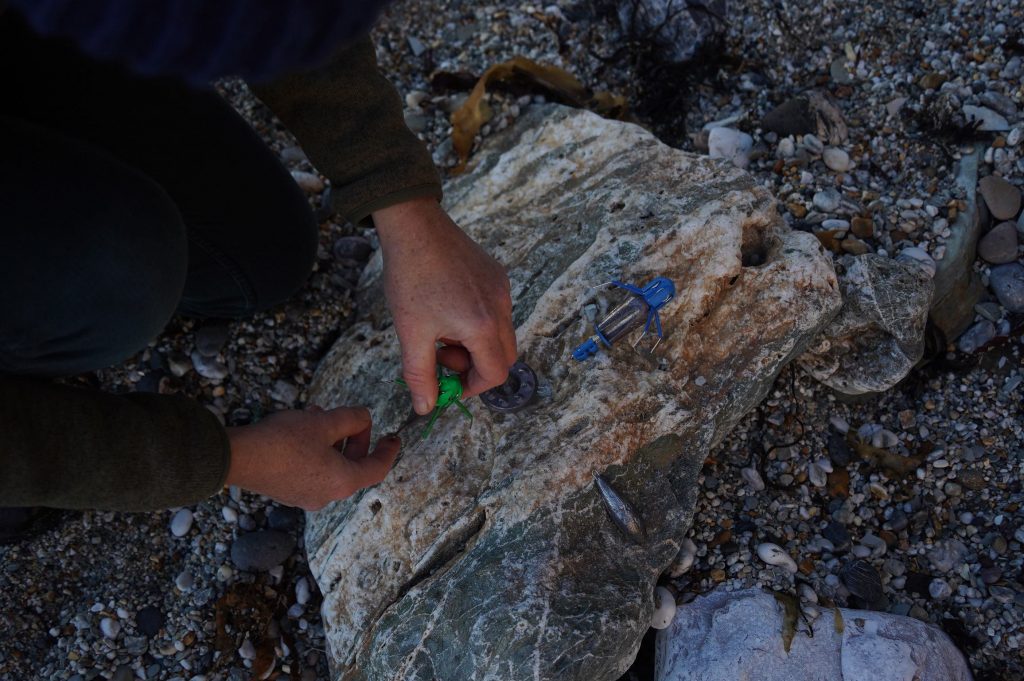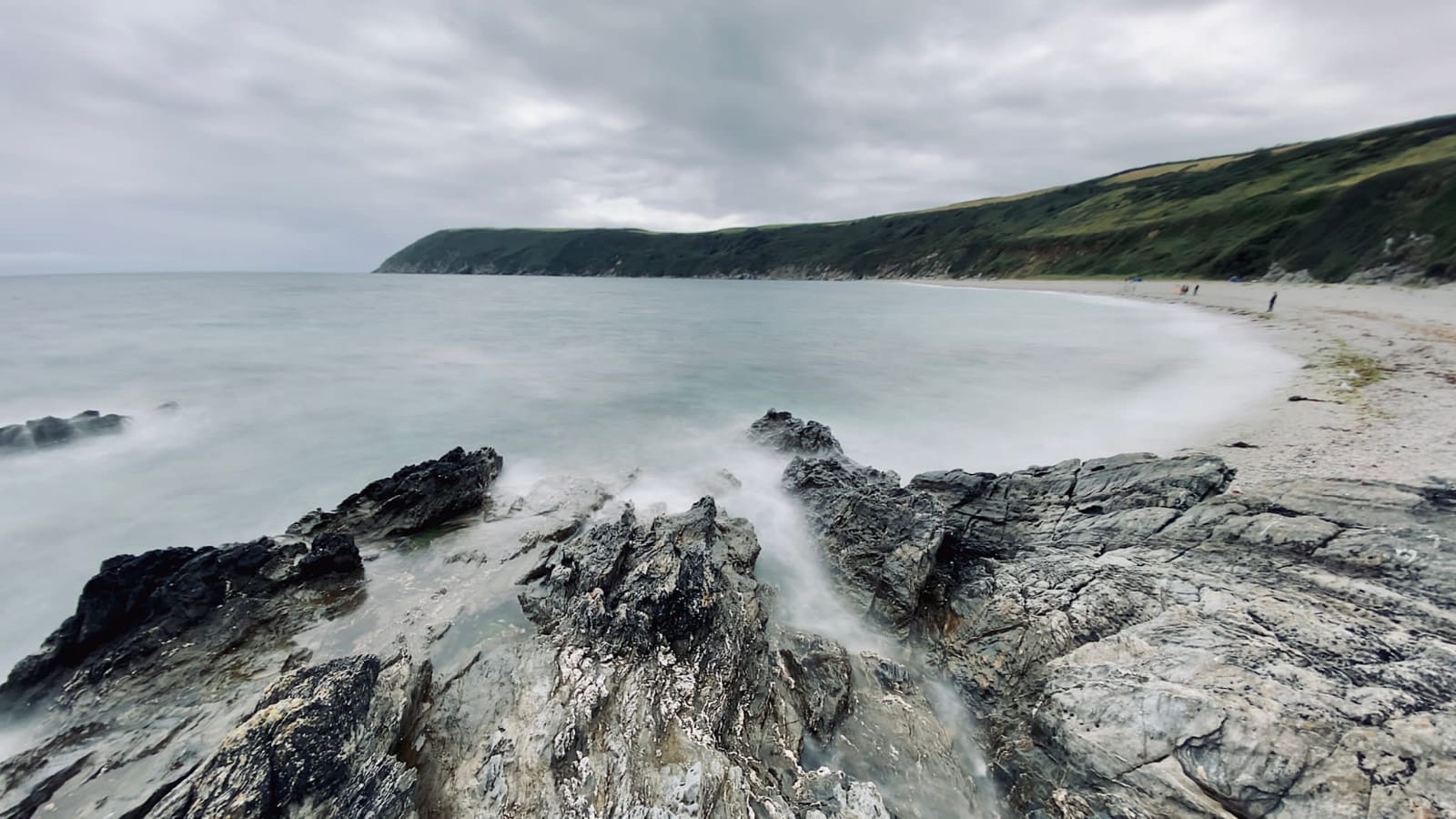
Does sea angling contribute to plastic pollution?
Anglers overwhelmingly care about the sea and are some of the best advocates for marine conservation. That said, our hobby involves casting plastic lines into the very places we hold dear. What can we do to reduce our impact? We got in touch with Steve at the Anglers National Line Recycling Scheme to find out.
Plastic pollution is a major environmental issue that affects coastal wildlife, marine life, and even human health. We anglers play a role, because an often overlooked form of plastic pollution is discarded fishing line. The ANLRS told us “the amount of monofilament line consumed in the UK every year is estimated to be around 1.2 million meters”.


According to ANLRS, it is widely accepted that it takes “10 years to break down for every 1lb of breaking strain in a monofilament line”. So, the average sea fishing line would take about 200 years to break down. Even once broken down, it remains in the sea in the form of micro-plastics.
The ANLRS told us that braid is believed to take even longer to break down than monofilament lines. Braid, it turns out, is tough stuff – they make sails and bullet proof vests from the same material.

Even in the very short term, discarded line can pose a threat to wildlife through entanglement. We already know that the ghost nets left from commercial fisheries keep fishing forever. In an interview we had with one commercial skipper from Cornwall, he told us his local wrecks were “void of fish”, because they were covered with old nets that had got snagged. Recreational fishing lines are much smaller and aren’t nearly as prone to entangling wildlife as commercial nets. But they still remain a problem. Sea birds and other wildlife can become entangled in lost or discarded fishing lines.

It’s exciting to see that the Local Independent Sea Anglers (LISA) initiated a trial on the Sussex Coast with line recycling bins in local tackle shops – and it worked. This effort led to the creation of the National Line Recycling Scheme (ANLRS), which aims to promote the best practices for anglers.
There is no definitive data on the yearly number of seabirds that get entangled in lines, but every one is considered one too many. ANLRS suggests using one of over 350 tackle shop recycling sites in the UK to dispose of old line or by posting their discarded line direct to the ANLRS’ postal address. If you really cannot recycle it, to minimise the danger to wildlife you should cut the line into short lengths before disposing of it. You can find participating stores here.
ANLRS Representative
In conclusion, plastic pollution, including discarded fishing line, is a serious environmental issue that affects wildlife and human health. The National Line Recycling Scheme is working towards promoting the best practices of anglers as conservationists and providing a clear route for responsible recycling of discarded fishing line. Anglers can do their part by cutting the line into short lengths before disposing of it, or by dropping it off at a recycling site.
In conclusion, plastic pollution, including discarded fishing line, is a serious environmental issue that affects wildlife and human health. The Anglers National Line Recycling Scheme is working towards promoting the best practices of anglers as conservationists and providing a clear route for responsible recycling of discarded fishing line. Anglers can do their part by dropping off lines at a recycling location or delivering it to the address below.
If you would like to recycle your fishing line, you can deliver it to the following addresses for recycling.
For Royal Mail Post please send to ANLRS, PO Box 96, Petworth, West Sussex GU28 8BU
For all courier services please send to ANLRS, 12 Rosedene Close, Brighton BN2 6LE
To find out more about line recycling we recommend visiting the ANLRS website.
